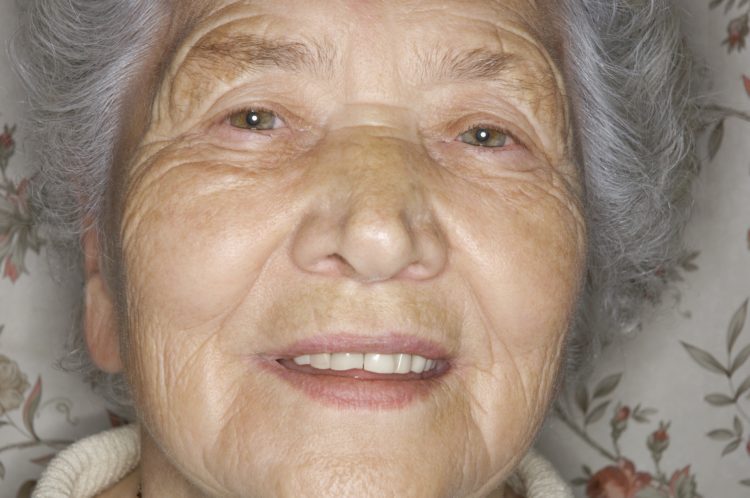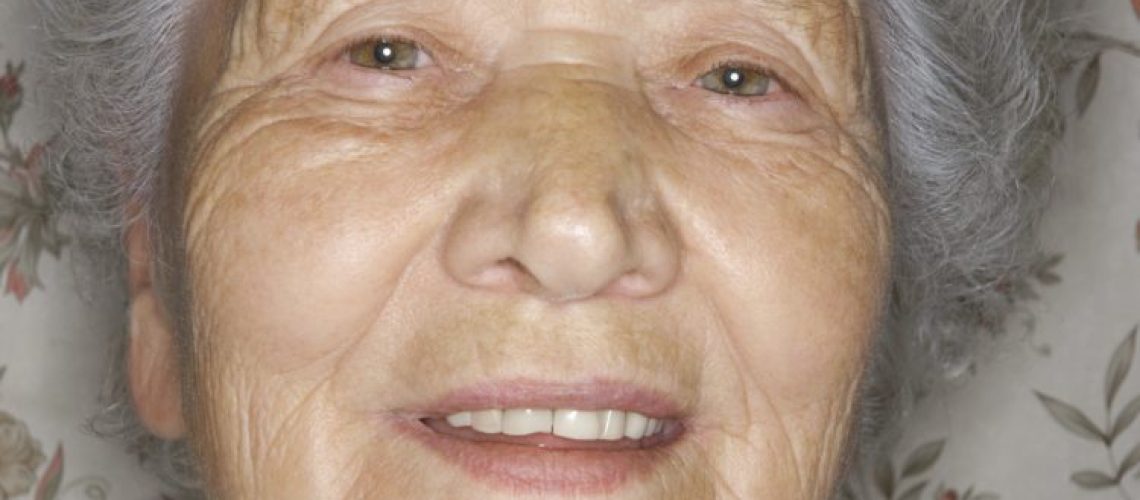
It can be a rather difficult time when you come to the realization that you need an in-home care provider to help with things that were once so easy to do. Deciding to have someone come to your home to assist on a regular basis is a big decision and involves many factors. Making this decision is even more difficult if you believe these six common misconceptions about elder care.
1. You will lose your independence.
A caregiver can help you maintain independence for a longer period. As stated on Medium.com, an elder care professional provides support to enable you to live an independent life on your own.
2. A caregiver will take over and make you dependent on them.
Your caregiver doesn’t take over, however, they will assist and facilitate what needs to be done. They help you do the things that you need to do, but they will not do things for you. Medicare.gov suggests talking with your family to arrange for home care help with personal activities such as cooking and shopping.
3. You will lose your privacy.
Caregivers are trained to perform the tasks in the care plan and to be a companion. Therefore, they will not go into your closets or interfere with your personal life in any way. They are trained to be unobtrusive and to be professional.
4. A caregiver will clean your house.
While light housekeeping tasks can be included as part of a care plan, it is not the sole purpose of in-home care. Your caregiver is there primarily for your safety and well-being. They are trained to be aware of your changing health status and to document your physical and emotional progress.
5. An in-home care provider will take over your health care plan.
In-home care providers will work with whatever care you are receiving. They can remind you to take your medications or drive you to doctor’s appointments and take notes if asked. A care provider will not, however, make suggestions regarding healthcare or be involved in creating a healthcare plan for you at all. That will remain up to you, your doctor and your family.
6. Elder-care is only for sick people.
While it’s true that seniors who are ill or recovering from a serious condition may seek in-home services while they recover, it is not the only reason to consider in-home care. You may benefit from help with activities of daily living such as dressing or eating. Or perhaps, you would enjoy companionship during the day. There is no need to be ill to receive in-home help.
We hope that bringing light to these misconceptions has provided you some peace of mind regarding your home care needs. If you understand how having a caregiver can make your life easier and more manageable but are still concerned about how to pay for having this type of support, read our recent blog – How to Pay for In-home Care. If you have any questions regarding home care and your needs, please do not hesitate to contact Shepherd’s Staff In-home Care.


